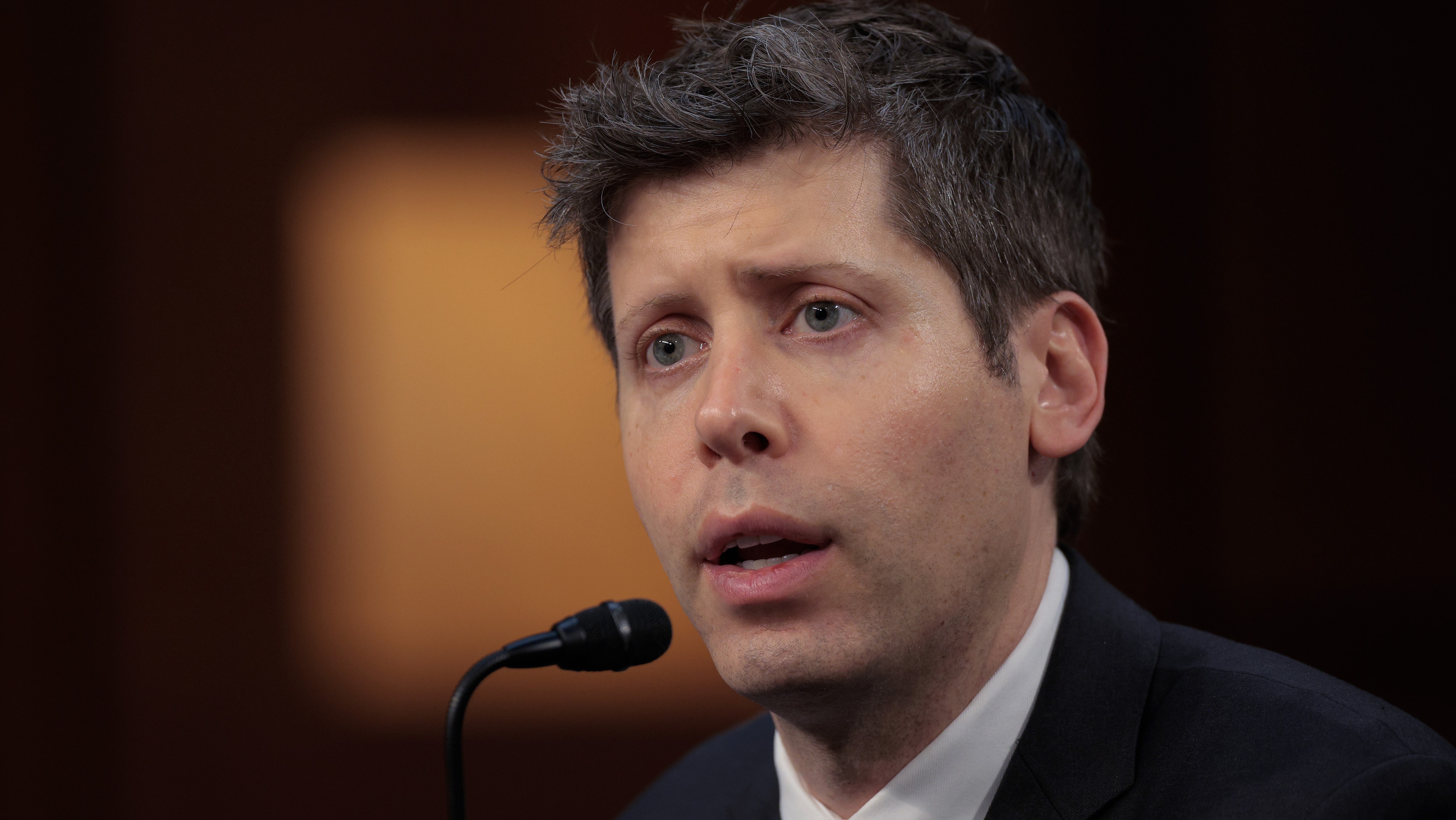OpenAI has signed a contract with Oracle to purchase $300 billion worth of computing power over the next five years, according to sources at The Wall Street Journal. News of the deal caused Oracle's share price to surge by as much as 43% on Wednesday, increasing CEO Larry Ellison's wealth by an estimated $100 billion—and briefly knocking Elon Musk off the top spot as the world's richest person.
For which we all played our tiny violins, I'm sure. Anyway, Oracle's share price dipped slightly by the end of the day, putting Musk back at the top once more. I'm not sure what happens when you receive the title back—I like to think trumpets herald a messenger carrying your new, gold-plated, diamond-encrusted plaque—but regardless, Musk has reclaimed the position, despite a year where his Tesla-enhanced fortunes have experienced the odd wobble or two.
The Oracle/OpenAI deal is said to be one of the largest cloud contracts ever signed, which is quite an impressive feat given just how much money is being funneled into AI computing in the metaphorical skies. The contract is said to begin in 2027, and looks to represent something of a risk for both companies, given OpenAI's massive operating costs compared to its revenue generation and the five year status of the deal.
Still, the AI juggernaut continues to draw in massive amounts of investment funding from the likes of SoftBank and the Dragoneer Investment group, both of which have pumped billions of dollars into the company in the last year alone.
Oracle, meanwhile, appears to be dedicating a large chunk of its resources into one AI-based customer. According to the WSJ, the company first disclosed back in July that a new cloud services agreement would result in more than $30 billion in annual revenue in 2027, with Oracle said to receive increasing amounts of yearly revenue from the deal over time as more data centers come online.

OpenAI has found itself in an interesting position regarding its computing shortage, needing huge amounts of hardware to keep itself in the ring with massive players like Meta, Google, xAI and others. Late last week, a report from The Financial Times suggested that OpenAI had inked a deal with US semiconductor firm Broadcom to manufacture its own AI-crunching chips for internal use, which lined up nicely with a statement from Broadcom's CEO, claiming the company had secured $10 billion in system orders from a mysterious "new customer."
Regardless, that all seems a fair way off. OpenAI needs large amounts of computing power, Oracle is more than happy to provide it for vast oodles of cash, and as a result, Elon Musk briefly lost his title as the richest human out of all the very rich humans. Still, I'm sure he didn't mind it was an OpenAI deal behind his brief fall from grace, as his relationship with its CEO, Sam Altman, seems very cordial. Oh. Wait. Never. Mind.













 Bengali (Bangladesh) ·
Bengali (Bangladesh) ·  English (United States) ·
English (United States) ·